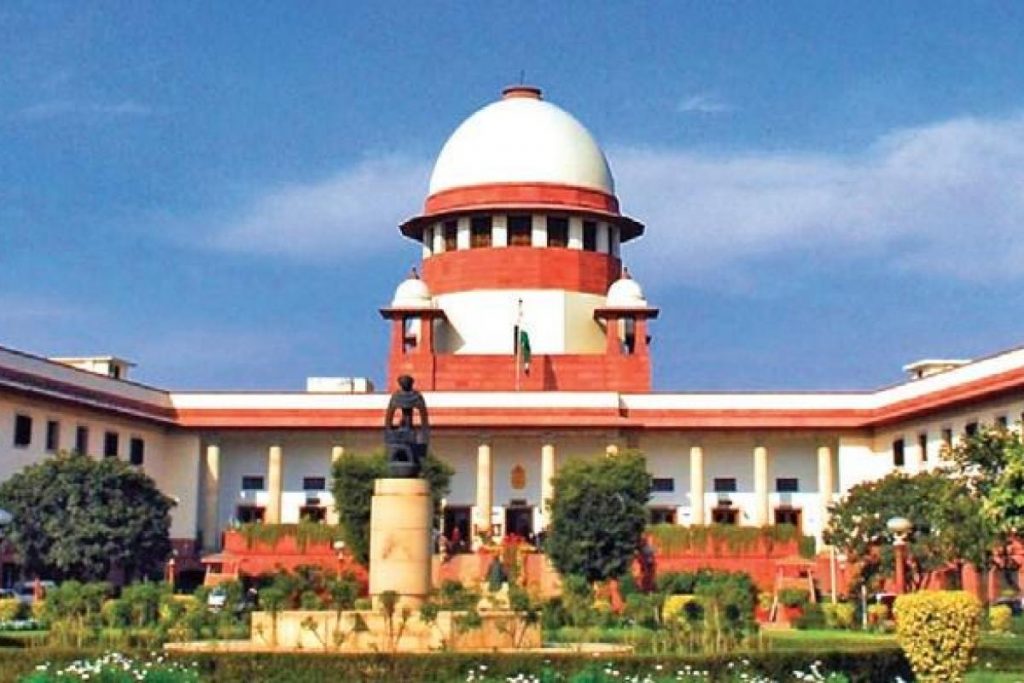The Aryavarth Express
Agency(New Delhi): The Supreme Court on Wednesday expressed its disapproval of the Enforcement Directorate’s (ED) method of perpetually filing supplementary chargesheets in cases of money laundering, which serves to prolong the custody of accused individuals sans trial, thereby infringing upon their fundamental liberties. Justices Sanjiv Khanna and Dipankar Datta highlighted this issue while addressing the ED’s recent action of submitting four supplementary chargesheets, with the latest being filed on March 1, 2024, related to a case emanating from alleged illicit mining activities in Jharkhand.
This critique came to light during the bail plea hearing of Prem Prakash, purportedly an associate of the ex-chief minister of Jharkhand, Hemant Soren. Prakash’s arrest in August 2022 was a result of raids that purportedly led to the discovery of two AK-47 rifles, 60 live ammunition, and two magazines at his Ranchi residence. He faces charges under both the money laundering statute and the Arms Act.
The judicial bench, conversing with Additional Solicitor General SV Raju, representing the ED, underscored the ongoing nature of the investigation despite the filing of multiple chargesheets. The justices emphasized the principle that arresting an individual without completing the investigation contradicts the essence of liberty and is akin to unjust detention, urging immediate resolution in such instances.
Justice Khanna particularly noted the issue of denying default bail through the continuous submission of supplementary chargesheets, stressing that the commencement of a trial should not be indefinitely delayed by such actions. He elaborated on the criticality of initiating the trial post-arrest, mentioning that the continuous delay violates the accused’s right to default bail.
Further, Justice Khanna referenced the precedent set in the Manish Sisodia case, highlighting that prolonged detention and trial delays could justify bail under Article 21 of the Constitution, which safeguards life and personal liberty, undeterred by Section 45 of the Prevention of Money Laundering Act (PMLA).
Amid these discussions, Raju requested a month to address the bench’s inquiries, citing concerns over the accused’s potential to influence witnesses or tamper with evidence if released. The Supreme Court has scheduled the next hearing for April 29, encouraging a swift response to their questions.
Additionally, the Court instructed the special PMLA court handling Prakash’s trial to hasten the proceedings, after Advocate Siddharth Agarwal, representing Prakash, pointed out the absence of his client’s name in the initial FIR and the lack of any transactions linking him to co-accused, alongside statements from key witnesses that do not directly implicate Prakash.
